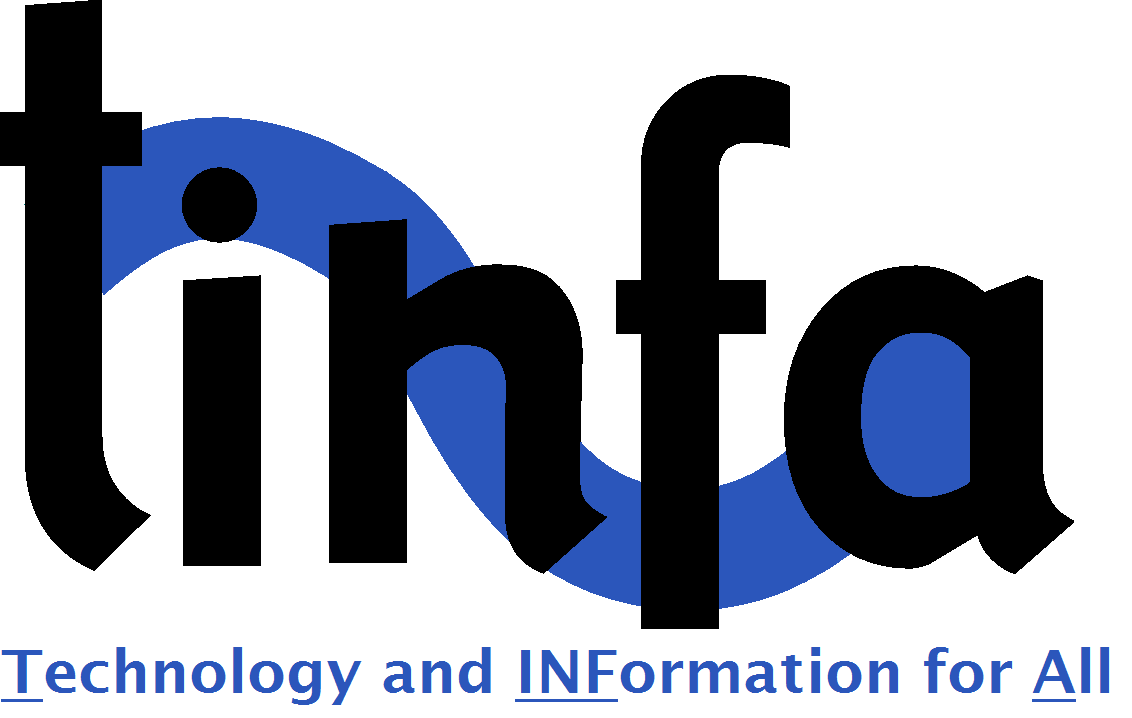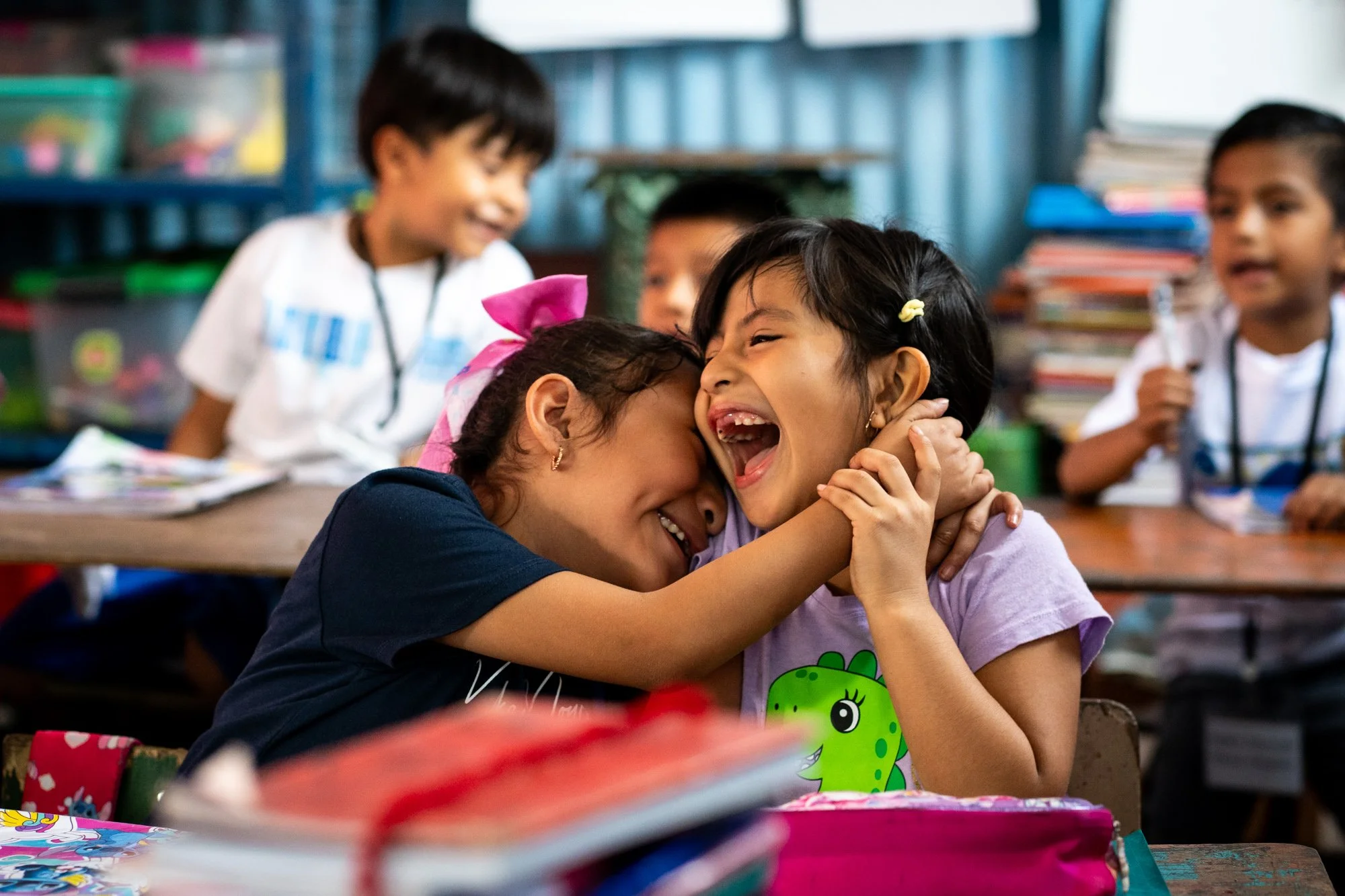That's it. We are embarking in an exciting new project/partnership with FUNDAP in Guatemala, working with 3 of the schools they have had a long term relationship with, and pilot the use of technology to enhance the education of 4th, 5th and 6th grade students.
I am very excited that we will be working with FUNDAP. TINFA and FUNDAP have so many shared common values and are bringing to the table such complementary skills. Perhaps I'll go into the details of this in another blog.
The concept of this project is very simple. We believe that a computer, a projector, a screen, an internet connection and a power supply can make a substantial difference in a school if used the right way, taking advantage of amazing programs like the Khan Academy, e-Books or Scratch.
The HOW is the key. There is nothing fancy about the how, but the "devil is in the details".
Our goal is to go very deep in understanding the HOW, understanding what in the HOW is essential, so that we can create a model that is replicable.
For example, the team we are working with at FUNDAP needs to feel 100% comfortable with the applications we are proposing to the schools. It is essential for the staff to have a thorough training on setting up the system, navigating the applications, troubleshoot some of the common issues, and be advanced users of the applications like the Khan Academy. This is essential, so that they can properly present the opportunity to principal and teachers of the schools. This is essential, so that they can stretch the partners and have deep discussions on their regular visits to the schools. This investment in the staff of FUNDAP is a pilot investment, and a cost that would not occur, once we are talking about replication.
I am very excited about this project. It is quick starting on July 1st!











